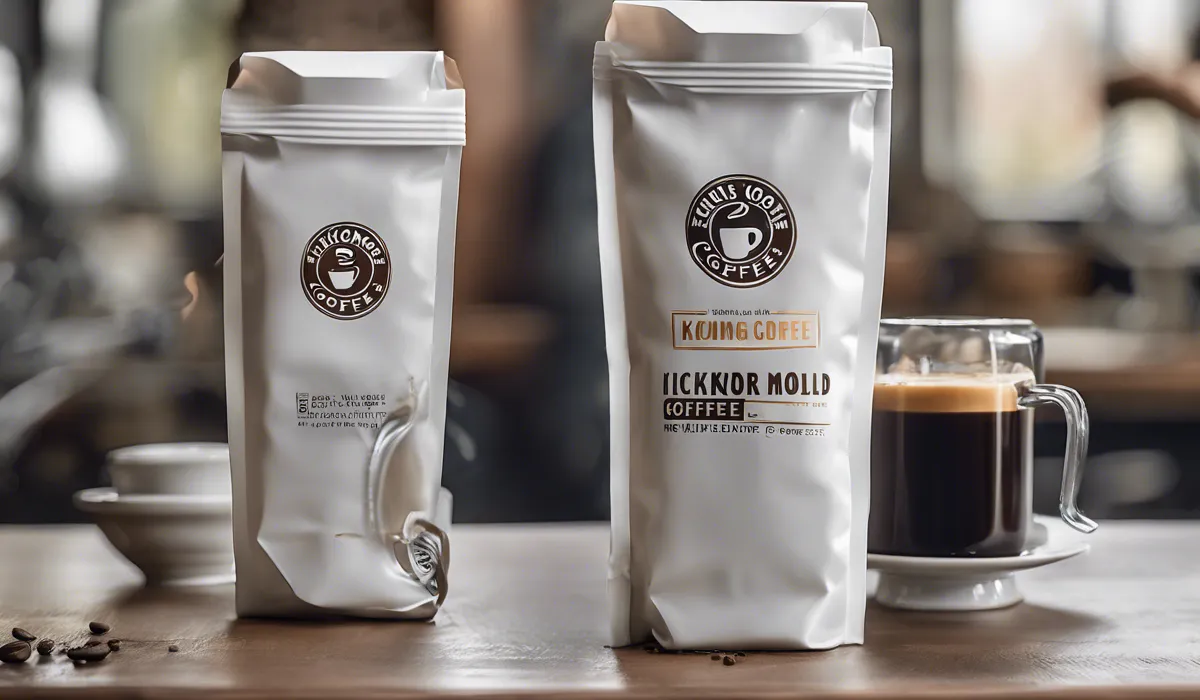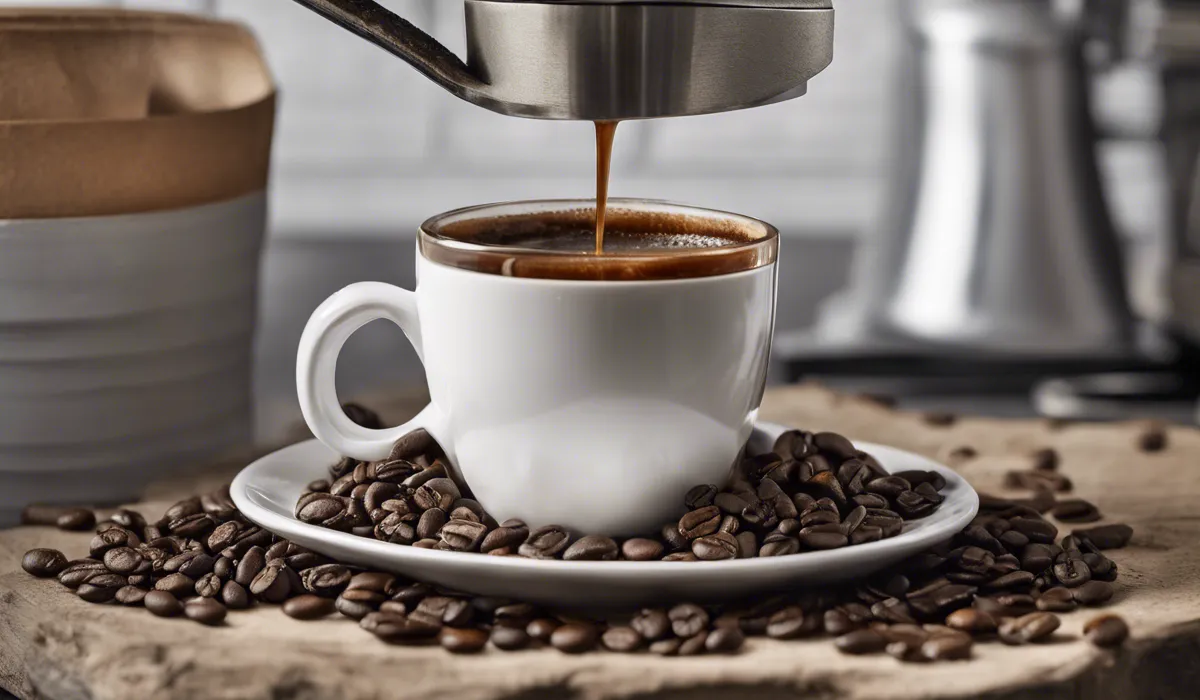Kicking Horse Coffee is committed to quality, commonly practicing organic farming and fair trade standards. While not explicitly marketed as ‘mold-free,’ their roasting process significantly reduces the risk of mold. No widespread mold issues have been reported.
Understanding Coffee Mold Issues

Explanation of Mold and Mycotoxins
Mold is a type of fungus that can grow on many different substances, including coffee beans.
Mycotoxins are toxic substances produced by some molds. When mold grows on coffee, it can create these harmful toxins. Consuming coffee with mold and mycotoxins can lead to health problems.
Common Sources of Mold in Coffee Production
Mold can enter the coffee production process in several ways. It can start in the field, especially in humid climates, or during storage if beans are kept in moist conditions.
Processing methods, like drying and hulling, can also introduce mold.
Factors Contributing to Mold Growth in Coffee
Several factors can make coffee beans susceptible to mold. These include improper drying, storage in damp conditions, and inadequate cleaning of equipment.
It’s important that coffee producers manage these factors to prevent mold growth.
Health Implications of Consuming Moldy Coffee
Drinking coffee that has mold can be bad for your health. It can cause symptoms like nausea and headaches.
Long-term exposure to mycotoxins may lead to more serious health issues.
Kicking Horse Coffee’s Approach to Mold Prevention

Overview of Kicking Horse Coffee’s Production Process
Kicking Horse Coffee takes careful steps in their production process to prevent mold. They pick the best beans and make sure they are dried properly. They keep an eye on the beans at every step, from the farm to your cup.
Quality Control Measures to Prevent Mold
The company has strict quality control procedures. They check the beans for mold and make sure the storage conditions are just right to keep the beans dry and safe.
Certifications and Standards
Kicking Horse Coffee is proud to be certified as organic and fair trade. These certifications mean they follow rules that help prevent mold. They take care of the environment and the farmers who grow their coffee.
Company Statements or Guarantees Regarding Mold
The company has not made a specific guarantee about mold. However, their commitment to quality suggests they work hard to keep their coffee mold-free. They roast their beans at high temperatures, which helps kill any mold that might be present.
Consumer Experiences and Independent Testing

Summary of Customer Reviews Related to Mold Concerns
Customers seem happy with Kicking Horse Coffee. Reviews often mention the good taste and high quality of the coffee. There are very few complaints about mold.
Independent Lab Test Results for Kicking Horse Coffee
There is no public data from independent lab tests specifically for Kicking Horse Coffee and mold. However, the company’s attention to quality suggests these tests would show their coffee is safe.
Comparisons to Industry Mold Prevalence Data
Compared to the coffee industry in general, Kicking Horse Coffee’s practices put them ahead in the fight against mold. Their organic and fair trade certifications show they are serious about keeping their coffee clean.
Tips for Consumers to Identify and Avoid Moldy Coffee
Consumers can look for coffee that is certified organic and fair trade, like Kicking Horse Coffee, to avoid mold. They should also store their coffee in a dry place and check for any unusual smells or flavors that could suggest mold is present.
FAQs About Kicking Horse Coffee Mold Content
Is Kicking Horse Coffee mold-free?
While Kicking Horse Coffee is not explicitly marketed as ‘mold-free,’ their roasting process significantly reduces the risk of mold, and there have been no widespread mold issues reported.
Does Kicking Horse Coffee use organic farming practices?
Yes, Kicking Horse Coffee is committed to quality and commonly practices organic farming.
Are Kicking Horse Coffee beans fair trade?
Yes, Kicking Horse Coffee beans are sourced following fair trade standards.
Can the roasting process of coffee beans reduce mold risk?
Yes, the roasting process, as practiced by Kicking Horse Coffee, significantly reduces the risk of mold in coffee beans.
Has there been any mold contamination reported in Kicking Horse Coffee products?
No widespread mold issues have been reported with Kicking Horse Coffee products.
Final Thoughts
Kicking Horse Coffee upholds high-quality standards through organic farming and fair trade practices.
While not labeled specifically as ‘mold-free’, their roasting methods greatly minimize mold risk. There have been no major reports of mold in their products, suggesting that consumers can enjoy their coffee with confidence regarding mold concerns.
